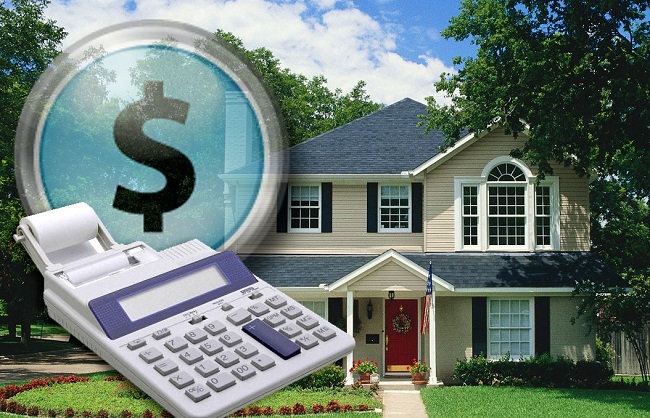A lot of prospective homeowners normally find themselves in the financial dilemma of whether they should refinance their mortgage or not, and quite sadly, a huge chunk of them toss a coin on the matter and leave all else to chance. Home refinance is a very sensitive issue and the financial ramifications of making an impulsive and ill-advised decision will surely be felt a few years down the line. This is all the more reason to find out more on the topic as you might actually end up without a home after foreclosure has run its normal course and you are left with nothing but the shirt off your back.
In a nutshell refinancing a mortgage entails replacing your current mortgage debt obligations with new ones and on terms that are more flexible than the former. This is normally a direct consequence of several factors, the most prominent being that the current interest rates payable are no longer as favorable as they used to be and rates have been lowered considerably since then. In such cases some people prefer to reduce the length of their mortgage to allow them to pay it off quickly, although the monthly payments will spiral. Nonetheless –reasons aside- mortgage refinancing is not as simple as that. The termination of previous loan obligations results in new ones arising, and in most cases at great cost and hassle. Essentially the collateral or security involved remains your home, unless of course you have other properties to attach as real security.
A Tale Of Two Variables: Fixed or Adjustable Interest Rate Mortgages
 The two main mortgages known to borrowers are fixed rate mortgages and adjustable rate mortgages. As the phrase implies, a fixed rate mortgage loan has no bearing whatsoever on fluctuating rates of interest as interest is fixed or ‘capped’ at the rate of interest at the time of borrowing. On the other, hand adjustable rate mortgages take cognizance of market trends and realign your loan to meet current interest rates. You can already imagine why some people would prefer to home refinance their mortgage and side with new terms that allow them to take advantage of record low interest rates. But in a tale reminiscent of he who changes queues at the grocery store, one might get the feeling that they are back exactly where they started. What happens if there is a sharp increase in interest rates and you have just refinanced to an adjustable rate mortgage? Well, you don’t hang yourself, but you will surely feel frustrated enough to do so. Rule
The two main mortgages known to borrowers are fixed rate mortgages and adjustable rate mortgages. As the phrase implies, a fixed rate mortgage loan has no bearing whatsoever on fluctuating rates of interest as interest is fixed or ‘capped’ at the rate of interest at the time of borrowing. On the other, hand adjustable rate mortgages take cognizance of market trends and realign your loan to meet current interest rates. You can already imagine why some people would prefer to home refinance their mortgage and side with new terms that allow them to take advantage of record low interest rates. But in a tale reminiscent of he who changes queues at the grocery store, one might get the feeling that they are back exactly where they started. What happens if there is a sharp increase in interest rates and you have just refinanced to an adjustable rate mortgage? Well, you don’t hang yourself, but you will surely feel frustrated enough to do so. Rule
A rule of thumb is to take the middle course when uncertainty is high. Take for instance switching from a fixed rate mortgage to an adjustable one. It is only to your benefit to do so only when falling interest rates are projected to continue for a long period of time. On the flipside, switching to a fixed rate mortgage will be to your advantage if rates are set to increase and continue doing so for some time.
Home refinancing is not as simple as that though, otherwise everyone would do it, like they say, ‘if wishes were horses, beggars would ride’. However, the personal benefits and added relief of refinancing is certainly worth it if you are already struggling to keep up with payments.





